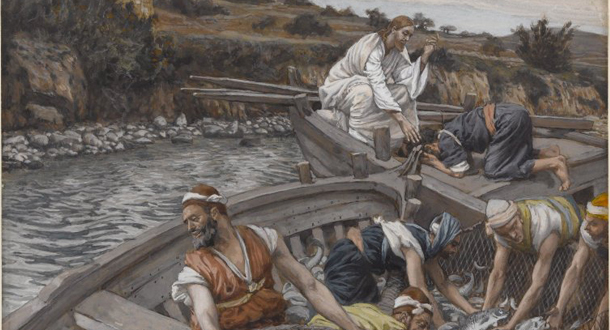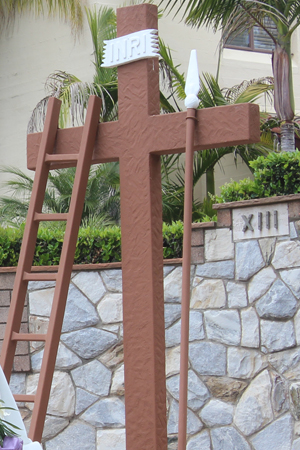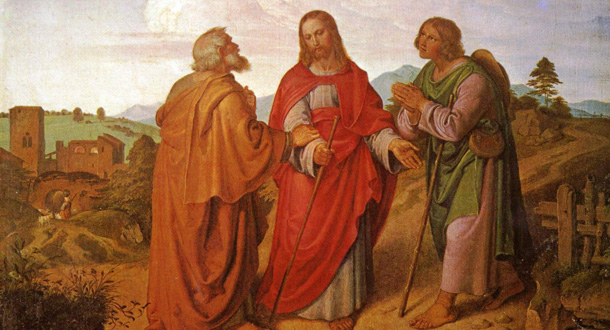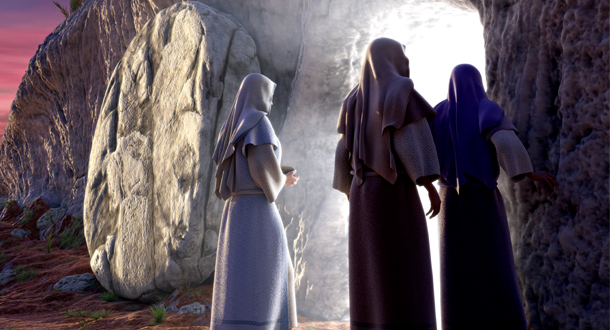 Scripture:
Scripture:
Reflection:
In our Gospel reading for today, we hear testimony about Jesus, and the verse that struck me is: “For the one whom God sent speaks the words of God. He does not ration his gift of the Spirit.” As the Son of God become human, Jesus was not partially, but fully, imbued with the Holy Spirit. And in Christ, we, too, have been given the Spirit without reserve.
We see this in our reading from the Acts of the Apostles. Peter and the others are no longer afraid, locking themselves in the upper room. Instead, they proclaim the Good News of Jesus Christ. Brought before the Sanhedrin, Peter no longer denies that he knew Jesus, he willingly gives testimony about Him: “God exalted him at his right hand as leader and savior to grant Israel repentance and forgiveness of sins. We are witnesses of these things, as is the Holy Spirit that God has given to those who obey him.”
Even though social distancing and shelter-in-place have become a way of life with the COVID-19 pandemic, the Holy Spirit finds ways for us to still proclaim the Good News in all the ways we can communicate with each other. By the things we do, and even by the things we don’t do, we somehow share God’s love in Jesus Christ.
God does not “ration” his gift of the Spirit on us, but perhaps we might. These times are marked with much grief and pain and unease. In our hurt, we might not feel able to reach out to others. But in the hope we have in the Resurrection, and by the power of the Spirit, we can be healed, and share with others what God has given to us. We have seen the Spirit at work. We have seen much compassion and generosity. Such is the power of the Spirit!
So, we do not hold back the gift of the Spirit given to us. Instead, may we let Jesus into our hearts and be healed. May we follow where the Spirit leads us, and may the Good News, even in times like this, be proclaimed!
Fr. Phil Paxton, C.P., is the local superior of the Passionist Community in Birmingham, Alabama.

 Scripture:
Scripture: Scripture:
Scripture: Scripture:
Scripture:
 Scripture:
Scripture: Scripture:
Scripture: